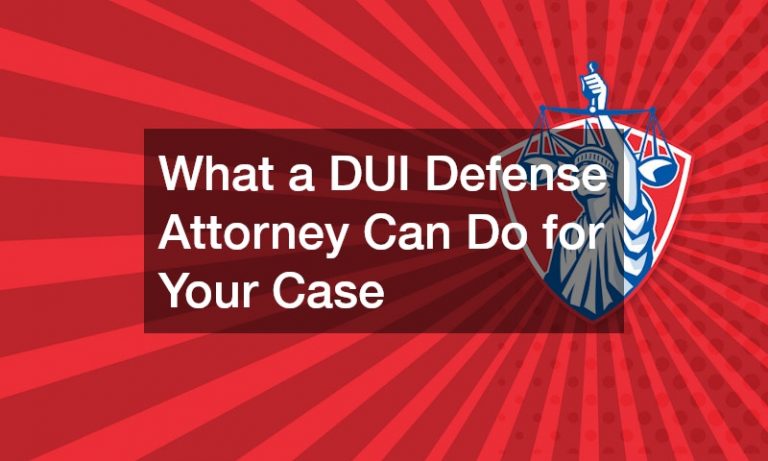The role of an estate planning attorney Denver residents trust is crucial in helping individuals properly manage...
Corporate attorneys play a pivotal role in ensuring the health and legality of businesses. Business Attorneys bring...
Divorce law forms a fundamental part of family law systems worldwide, dealing with the dissolution of marriage....
Debt consolidation restructures existing debt into a single payment but does not eliminate what you owe. Bankruptcy...
Bankruptcy does not automatically clear tax debt; only certain income taxes may qualify for discharge under strict...
Trust administration is the legal process that takes place after a trust creator passes away or becomes...
Navigating the complexities of child custody can be one of the most emotionally challenging experiences a parent...
What a Business Law Firm Can Provide for You Running a business—whether it’s a lean start-up or...
Finding the right legal support can make all the difference in achieving a successful outcome for your...
Facing a DUI charge can be a daunting experience, one fraught with the complexities of legal jargon...






















